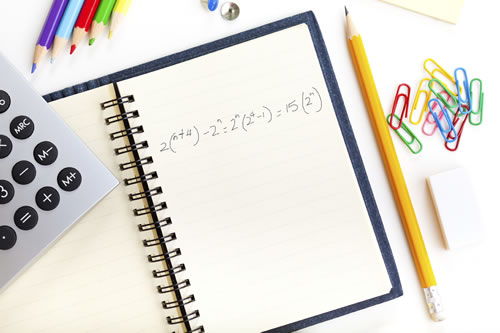
Image: istockphoto
While boys generally do better than girls in science and math, some studies have found that girls do better in arithmetic. A new study published in Psychological Science, a journal of the Association for Psychological Science, finds that the advantage comes from girls’ superior verbal skills.
“People have always thought that males’ advantage is in math and spatial skills, and girls’ advantage is in language,” says Xinlin Zhou of Beijing Normal University, who cowrote the study with Wei Wei, Hao Lu, Hui Zhao, and Qi Dong of Beijing Normal University and Chuansheng Chen of the University of California-Irvine. “However, some parents and teachers in China say girls do arithmetic better than boys in primary school.”
Zhou and his colleagues did a series of tests with children ages 8 to 11 at 12 primary schools in and around Beijing. Indeed, girls outperformed boys in many math skills. They were better at arithmetic, including tasks like simple subtraction and complex multiplication. Girls were also better at numerosity comparison—making a quick estimate of which of two arrays had more dots in it. Girls outperformed boys at quickly recognizing the larger of two numbers and at completing a series of numbers (like “2 4 6 8”). Boys performed better at mentally rotating three-dimensional images.
Girls were also better at judging whether two words rhymed, and Zhou and his colleagues think this is the key to their better math performance. “Arithmetic and even advanced math needs verbal processing,” Zhou says. Counting is verbal; the multiplication table is memorized verbally, and when people are doing multiple-digit calculations, they hold the intermediate results in their memory as words.
“Better language skills could lead to more efficient verbal processing in arithmetic,” Zhou says. He thinks it might be possible to use these results to help both boys and girls learn math better. Boys could use more help with verbal strategies for learning math terms, while girls might benefit from more practice with spatial skills.
